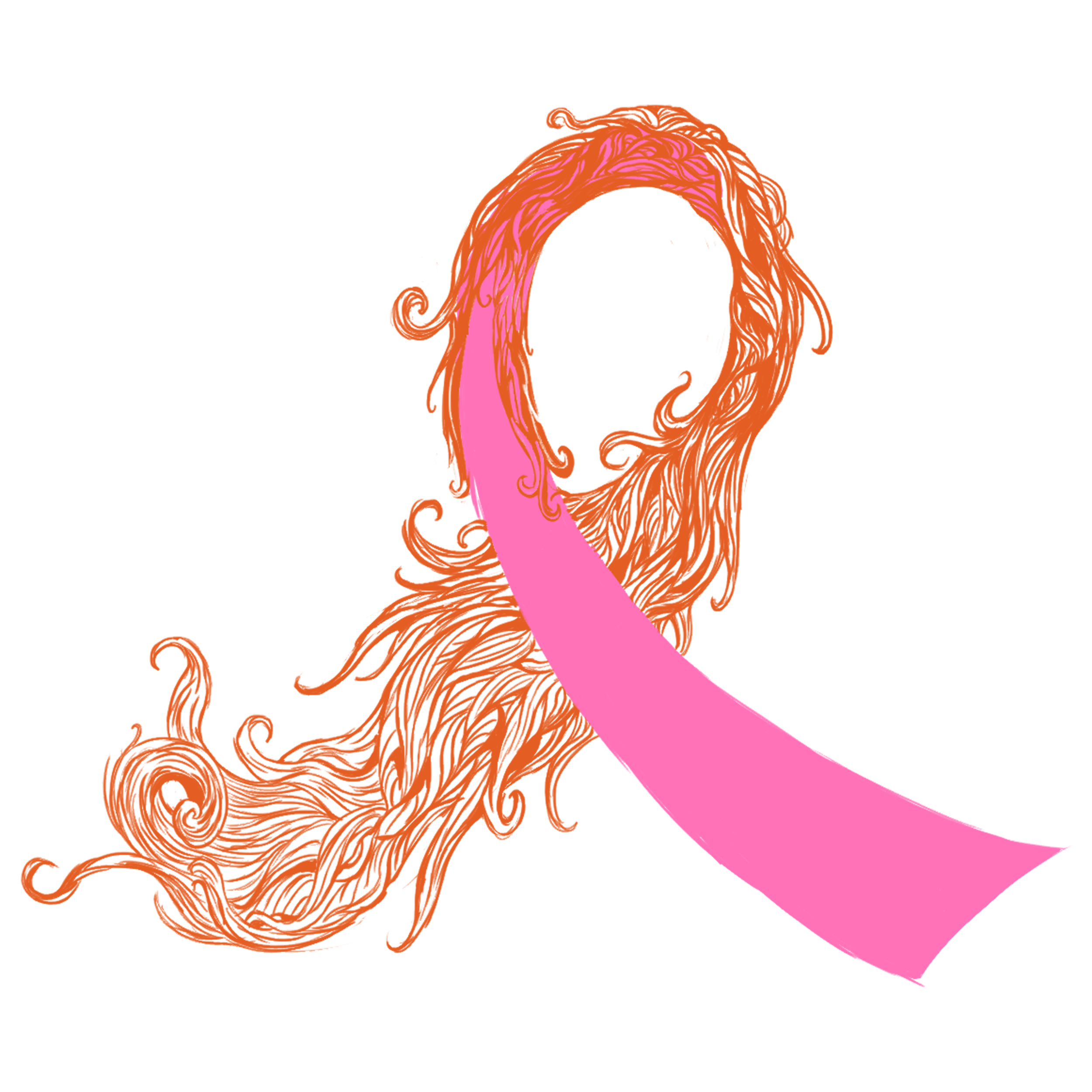About the Film
The future seems uncertain for recent college graduate Ginger Mathis. Her English lit degree hasn’t miraculously scored her a publishing deal, and her part-time job isn’t making a dent in her student loans (or getting her pushy mother off her back). The only thing Ginger knows for sure is that she feels lost trying to navigate adulthood, let alone find her life’s purpose. And her recent breast cancer diagnosis certainly doesn’t ease that anxiety.
As Ginger’s treatment progresses, she encounters uncomfortable truths about living with breast cancer while trying to navigate the other challenges that exist in everyday life. When she crashes and burns trying to avoid the painful twists brought on by her illness, her dearest relationships are threatened.
Ginger is based on the true story of co-director Melissa Boratyn’s breast cancer diagnosis. It’s a story for all people whose lives have been affected by breast cancer diagnosis and treatment. It’s also a story of courage in the wake of devastating uncertainty, and a story of hope that reminds us to find joy in every moment, no matter what challenges we may face.
Director’s Statement
I was 23 years old
when I noticed a small lump in my breast. My doctor told me not to worry. It was probably just a cyst.
One week later, I got the call that the “cyst” was actually an aggressive form of breast cancer.
After a grueling year of chemotherapy and radiation, I had lost a sense of identity after shaving my shoulder-length red hair. I no longer trusted my body, but I anticipated that the worst of my cancer experience was behind me.
I was 25 years old
when my cancer came back. I decided to remove both breasts to ensure that this would be my last time dealing with this disease.
While I planned my double mastectomy, surgeons said nothing about the possibility of the cancer spreading into other parts of my body after the surgery!
I was 28 years old
when I was diagnosed with terminal breast cancer.
“How do you learn to be okay with not knowing if you are going to be okay?”
Ginger portrays the debilitating anxiety that young people face during and after diagnosis. It forces the audience to come face to face with one of humanity's deepest fears, and begs the question: how do you learn to be okay with not knowing if you are going to be okay? That was an answer I sought for myself, as well as for the movie.
Cancer sucks, and my intention for Ginger is to give the world a film that can help make cancer suck just a little bit less. That’s why after being diagnosed with metastatic breast cancer just weeks before the start of production, between chemotherapy infusions and scans, I refused to miss a single day on set.
Ginger is both educational and inspiring. In addition to building community among filmmakers, the film engages medical experts by inviting them to participate in discussion panels, giving them an opportunity to share information and answer questions. Above all, Ginger connects with the many people in our audiences who have experienced a cancer diagnosis themselves or watched someone they love battle this disease.
As a filmmaker, my life’s mission crystallized in the face of my life’s greatest sorrow. My experience with the insidious cruelty of breast cancer, especially at such a young age, provided me with two concrete goals:
I planned to live long enough to see my 30th birthday, and I decided to make a movie that captured all of the pain, suffering, humor, and love that comes along with this disease.
Ginger is first and foremost for all people who have gone through and will go through the horrors of breast cancer diagnoses and treatment. If my story can help empower at least one person, then it will have been successful.
My hope, however, is that Ginger will move and inspire all audience members with its message of hope.
There is nothing more valuable than the ability to find gratitude in the beautiful things in life. And while illness might make life harder, it does not limit or invalidate the meaning of each and every waking day.
This film has been a powerful experience of hope for me and my co-director and husband, Jimmy, who has been by my side personally and professionally since my initial diagnosis. Ginger has also fostered solidarity among women who have experienced breast cancer, their families and friends, and the medical community.





